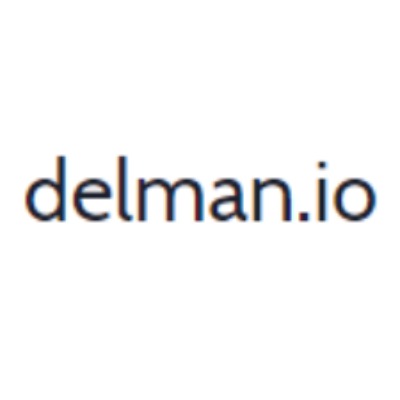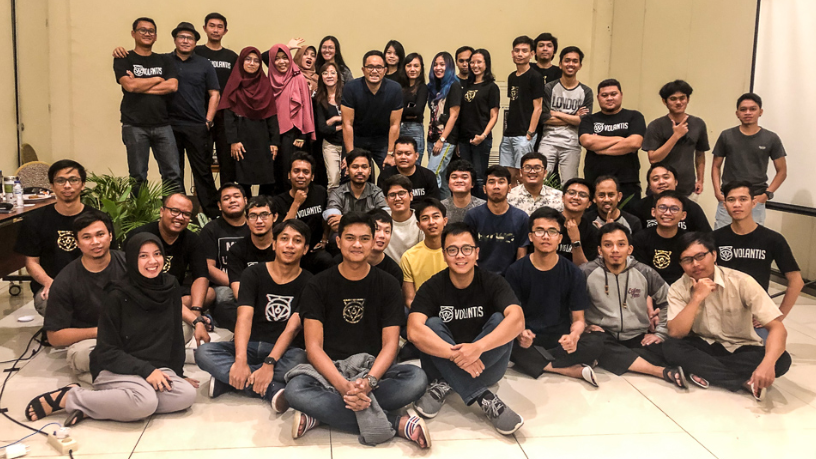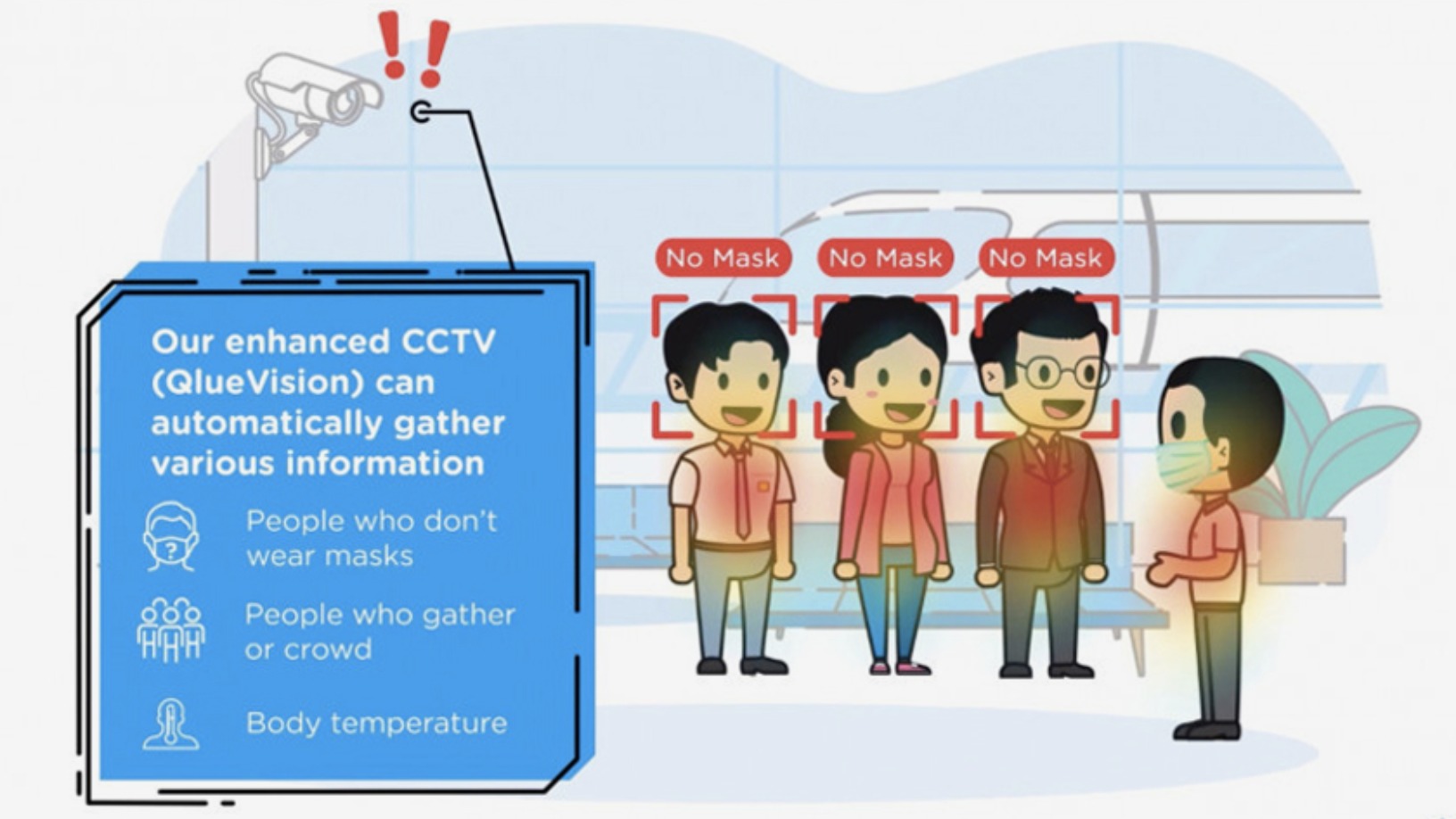“Digital transformation” is the watchword these days in Indonesia’s various industries, and it’s not just for show. Both the government and the private sector are looking to digitize their business processes and understand the trove of data they’ve accumulated over decades. But when your institution is decades old and still stuck on legacy systems, how do you even start going digital?
This is where companies like Delman come in, helping clients scour through their Excel sheets and paper files and sort them into structured, manageable databases. The data is also processed into a machine-readable form, which opens up the possibility of data analytics and visualization.
Delman used to provide end-to-end data analytics services, from data warehousing and wrangling (converting raw data into a format suited for further processing) to analytics and visualization. These services were provided alongside consultancy and implementation assistance. After nearly two years of working with various clients and partners, the company decided to focus on the data preparation stages – a service it plans to offer under a SaaS model later this year.
“We see that the opportunity in data preparation is greater," said CEO and co-founder Surya Halim in an interview via video call. Multiple data analytics and visualization services are already available, ranging from Tableau to Microsoft’s Power BI. The bigger problem for many companies is getting the data ready for these processes. Many clients, he said, have long gathered data, but it is spread across different departments and silos. Additionally, the data is sometimes not yet stored in forms that can be processed by analytics and visualization software.
“You can do many things with machine learning, but it's hard to do anything when the data isn't available to be analyzed or automated,” said Halim.
Last month, after two years working with notable clients such as Dentsu Aegis-affiliated agency iProspect and global consultancy PwC, Delman successfully raised $1.6m in seed funding. The round was led by Indonesia-focused VC Intudo Ventures, with diversified conglomerate Prasetia Dwidharma and smart city platform developer Qlue participating as strategic partners. The company is now looking to open an R&D center in Surabaya, East Java, and to expand their team.
Pivoting for a stronger focus
Halim reckons that these scientists and engineers will have to spend 70% of their time "preparing the data for analytics, integrating the different databases and silos, or even extracting data from Excel sheets and printed documents.” Using Silicon Valley data scientist salaries as the benchmark – which also applies to the Indonesian market because of the scarcity of such expertise – Halim said that this translates to a $200,000 cost to companies. With Delman taking over the preparing of data, the scientists are free to focus on more important tasks, such as visualizing the data and making forecasts.
Halim said the company has helped clients and partners such as advertising agency iProspect (part of the multinational Dentsu Aegis Group) and consultancy service PwC “exceed their KPI targets on their analytics services.” By properly structuring the databases that their clients are using, Delman makes it easier for the clients to quickly implement further analytics processes and understand the data.
Delman is not the only company providing this service. Volantis, a company born from an online advertising automation startup, is also helping companies get started on data analytics with their platform-based warehousing solution. Delman is still confident, however, that it can set itself apart by making its services available for a wide variety of use cases.
“Our product is available for a general-use case of wrangling and cleansing data, and when the process is finished the clients can work with our partners to do more with the data,” said Halim.
As a relatively new company in the field, Delman benefits greatly from the co-founders’ work in developing relationships with investors and clients. Halim recalls that Budiyanto had met Eddy Chan, one of the founding partners of Intudo Ventures, in 2017. Halim himself met another Intudo founding partner, Patrick Yip, in Jakarta a year later. Before the company had even landed its first job, Delman’s co-founders sent regular updates to these VCs and many others.
According to a press release from Intudo Ventures, Chan said of Delman: “Since meeting the Delman founding team in Silicon Valley in 2017, we have witnessed their growth as a management team and we are excited to continue supporting them in their entrepreneurial journey ahead. By combining a highly localized approach with global technical expertise, Delman is providing Indonesian businesses with Indonesian-developed big data solutions, ultimately leading to better outcomes for end-users.”
Meanwhile, Qlue was introduced to the Delman team through its former COO, and from there Delman got to know its other future investor, the diversified conglomerate Prasetia Dwidharma. Both Qlue and Prasetia Dwidharma are strategic partners whom Halim says are satisfied with how Delman has helped their organizations.
“The startup ecosystem is a small world; everybody knows each other," said Halim. “So it's important to maintain a good reputation and build relationships with everyone – to hustle everyone you meet. Even early-stage companies should do it, because angel investors and incubators are always on the lookout.”
Partnership-driven business
In the two years since it was established, Delman has worked with partners PwC and iProspect to find new clients. According to Halim, Delman is entrusted with handling the data preparation stages of their partners’ long-term engagement with their clients. They have also tackled government-commissioned projects as part of their partnership with Qlue, the smart-city platform developer that is also an investor in Delman.
This has helped Delman compensate for its lack of experience and know-how in marketing its services. “Most of our projects don't have a sales funnel because most of our team is on the technical side," said Halim. "We have to work hard to translate our technical language into something that suits business contexts better.” Delman is also reaching out to these clients to offer its data preparation services independently as part of its pilot test.
Correcting its lack of marketing resources is a major part of Delman’s plans. The company will use the seed funding to expand its sales and business development teams. It is also looking to open an R&D center in Surabaya, East Java, from where it will hire new data science talent. Though the talent there is not as polished as in Jakarta, according to Halim, employees are keen to polish their skills and prepare themselves for the bigger data industry in Indonesia.
Halim and Budiyanto, both of whom are Surabaya natives, are eager to invest in their home city. “We know the city has a lot of raw technical talent, but these people lack the industry-relevant knowledge to cater to the demands of potential clients. We want to discover more of the hidden talent and nurture it to develop proficient data scientists and engineers.”
Digital transformation post Covid-19
With Covid-19 forcing businesses to implement work-from-home policies, more companies are realizing the importance of shifting to digital operations. At the same time, changing an organization to operate in a new way cannot happen quickly and the process can be costly.
Halim said that the pandemic has caused some projects to be postponed as clients tighten their belts and shift their budget to more critical spending. Yet he also said that Delman is getting more leads from companies that want to accelerate their digital transformation process. “Every company wants to make its data more secure and easily accessible from home. We see this as an opportunity to grow faster, and it motivates us to deliver on our projects faster.”
Fortunately for Delman, it is still able to deliver. Halim says that instead of physically visiting the clients’ premises to hold discussions and perform the necessary operations, the company can arrange discussions through videoconferencing and work on the clients’ database through a VPN connection. In fact, the process is now more efficient because it’s no longer necessary to factor in Jakarta’s notorious gridlocks.
“I think it's good that we can now be more productive because travel time actually makes offline meetings take longer to accomplish,” said Halim.















